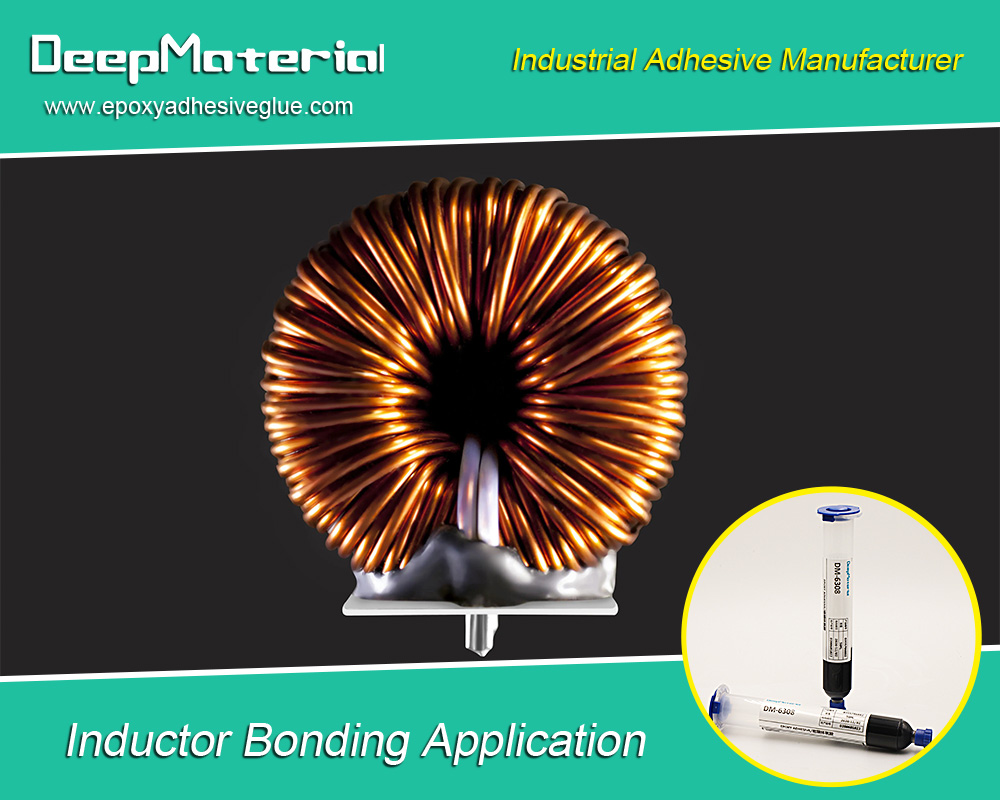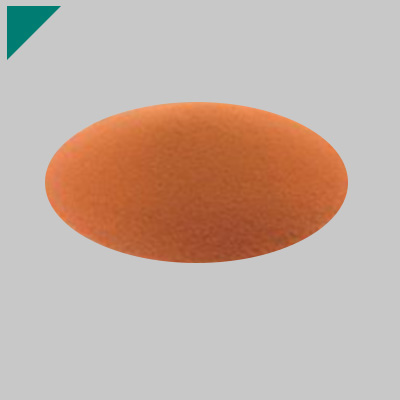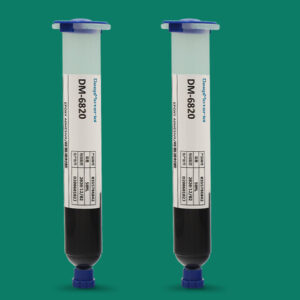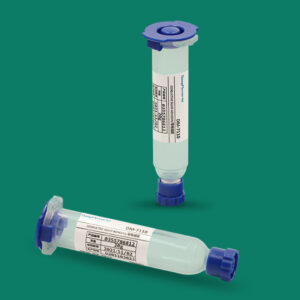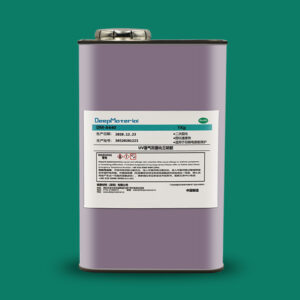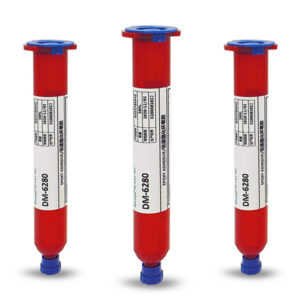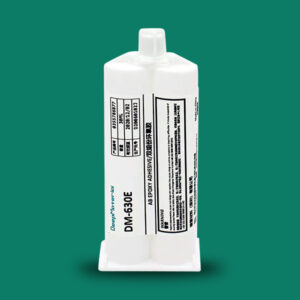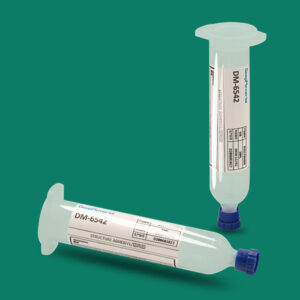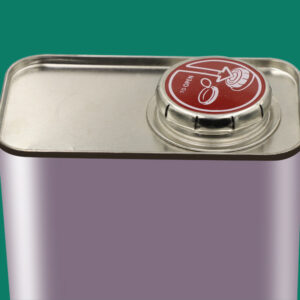The Ultimate Guide to Choosing the Strongest Epoxy for Metal
The Ultimate Guide to Choosing the Strongest Epoxy for Metal
Epoxy adhesives are renowned for their superior bonding strength and durability, making them ideal for various applications, especially when dealing with metal surfaces. Whether you’re a DIY enthusiast or a professional artisan, selecting the proper epoxy can significantly impact the success of your project. This guide will explore the types of epoxy available, their properties, and how to choose the strongest epoxy for metal applications.
Epoxy adhesives are popular in industrial and home applications due to their exceptional strength and versatility. When it comes to metal bonding, not all epoxies are created equal. The strongest epoxy for metal can ensure a durable and long-lasting bond, which is crucial for structural integrity and performance. Understanding the properties of different epoxies and their suitability for metal surfaces will help you make an informed decision and achieve optimal results.
Understanding Epoxy Adhesives
Epoxy adhesives consist of two components: a resin and a hardener. When mixed, these components undergo a chemical reaction, creating a strong, rigid bond. The strength of an epoxy adhesive is determined by its formulation, which can vary depending on the intended use.
Critical Properties of Epoxy Adhesives
- Bond Strength: Epoxies are known for their high bond strength, which makes them suitable for demanding applications.
- Curing Time:Depending on the product, the time it takes for epoxy to cure can range from a few minutes to several hours.
- Temperature Resistance:Epoxies can tolerate high and low temperatures, though some formulations are better suited for extreme conditions.
- Chemical Resistance: Many epoxies resist chemicals, making them ideal for harsh environments.
Types of Epoxy for Metal Bonding
Several types of epoxy adhesives are designed for metal bonding. Each type offers different benefits depending on the project’s specific requirements.
1. Structural Epoxy
- Definition:Structural epoxies are engineered to provide high strength and durability and are suitable for heavy-duty applications.
- Applications: Ideal for repairing or bonding metal components subjected to significant stress or load.
- Features: High tensile and shear strength, often used in construction and automotive industries.
2. High-Temperature Epoxy
- Definition: Formulated to withstand extreme temperatures without losing bonding strength.
- Applications:Best for metal parts exposed to high heat, such as engine components or exhaust systems.
- Features: Maintains bond strength and flexibility at elevated temperatures.
3. Fast-Curing Epoxy
- Definition: Designed to set quickly, allowing for faster project completion.
- Applications: Suitable for repair jobs or projects where time is critical.
- Features: Quick setting time, often within minutes, may have lower ultimate strength than slower-curing epoxies.
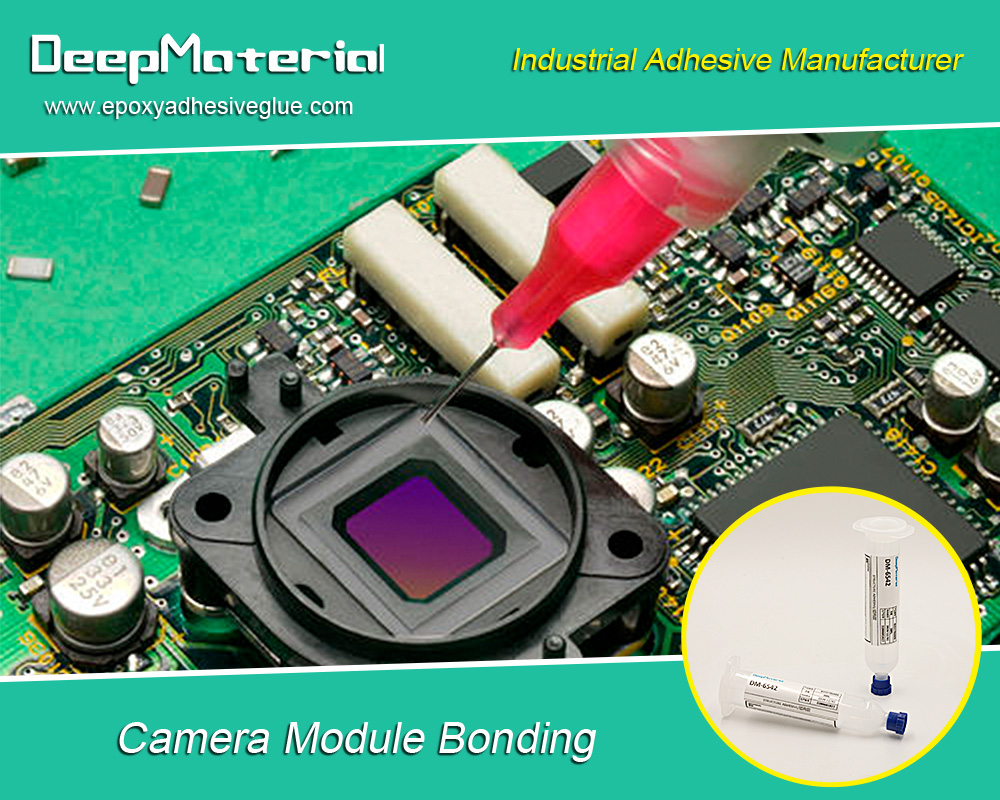
Choosing the Strongest Epoxy for Metal
Selecting the proper epoxy involves considering the metal type, environmental conditions, and the application’s requirements. Here’s a step-by-step guide to help you choose the best epoxy for your needs.
Step 1: Identify the Metal Type
- Steel: Look for epoxies with high shear and tensile strength for steel surfaces.
- Aluminum: Epoxies with high adhesion properties and flexibility are ideal for aluminum, which can be prone to surface oxidation.
- Stainless Steel:Requires epoxies with excellent corrosion resistance and high bond strength.
Step 2: Consider Environmental Factors
- Temperature: Choose high-temperature epoxies for applications involving heat exposure.
- Moisture: For humid or submerged environments, select moisture-resistant or waterproof epoxies.
- Chemical Exposure:If the metal will be exposed to chemicals, opt for epoxies with high chemical resistance.
Step 3: Evaluate Curing Time
- Fast-Curing Needs:If you need a quick turnaround, go for fast-curing epoxies.
- Extended Working Time: Consider longer-curing epoxies for more complex applications where you need more time to position and adjust parts.
Top Recommendations for Strong Metal Epoxies
Here are some of the strongest epoxies available for metal bonding:
1. J-B Weld Original Cold-Weld Steel Reinforced Epoxy
- Strength: Provides a robust and lasting bond with a tensile strength of 3960 PSI.
- Features:Steel is reinforced for extra strength and is suitable for metal-to-metal bonding.
2. Loctite Epoxy Weld Bonding Compound
- Strength: High bond strength with excellent impact resistance.
- Features: Ideal for heavy-duty metal repairs, including automotive and industrial applications.
3. Devcon 5-Minute Epoxy
- Strength: Offers a rapid curing time with a high bond strength.
- Features: Suitable for quick repairs, with a strong bond that can withstand moderate stress.
4. Permatex Liquid Metal Filler
- Strength: Designed for high-strength metal repairs, with a tensile strength of 3000 PSI.
- Features: Contains metal particles for enhanced bonding to metal surfaces.
Application Tips for Metal Epoxy
Proper epoxy is crucial when bonding metal to ensure a robust and lasting connection. If you’re asking, “What is the strongest epoxy for metal?” it’s important to understand that the strength of an epoxy adhesive depends on several factors, including proper application. Here are some essential tips for using metal epoxy effectively:
Surface Preparation:
- Clean the Metal: Thoroughly clean the metal surface to remove dirt, rust, or grease. This step is critical as contaminants can weaken the bond.
- Roughen the Surface:Use sandpaper or a wire brush to roughen the metal surface. This increases the surface area to which the epoxy will adhere, enhancing the strength of the bond.
Mixing:
- Instructions: Follow the manufacturer’s guidelines for mixing the epoxy resin and hardener. Precise measurement and mixing are essential for achieving the optimal strength and durability of the bond.
- Mix Thoroughly: Ensure the resin and hardener are mixed completely and uniformly. Only complete mixing can lead to solid spots in the cured epoxy.
Application:
- Apply Evenly: Spread the epoxy evenly across both surfaces that need to be bonded. An even layer helps to ensure a uniform bond.
- Clamp or Press: After applying the epoxy, clamp or press the metal parts together. This step ensures that the epoxy fills gaps and forms a strong, solid bond.
Curing:
- Allow Full Cure Time: Follow the manufacturer’s recommendations and let the epoxy cure entirely. Rushing this process can compromise the bond’s strength and the repair’s overall durability.
By following these application tips, you can maximize the effectiveness of your epoxy adhesive and ensure a robust, lasting bond for your metal projects.
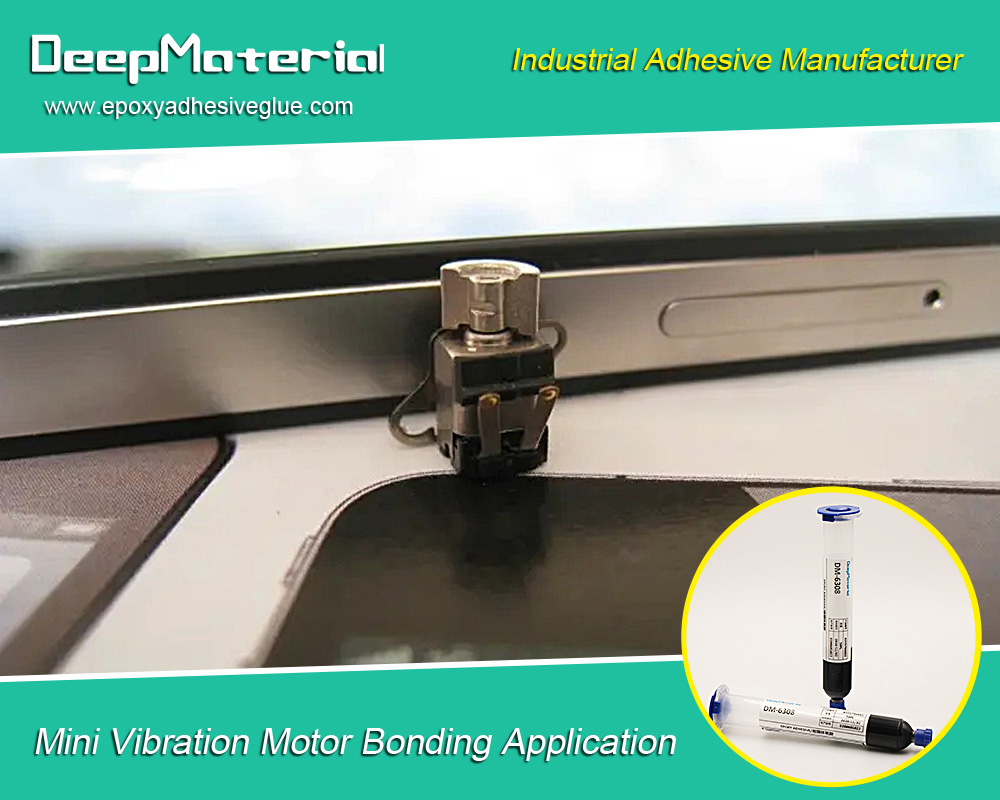
Conclusion
Choosing the strongest epoxy for metal involves understanding the specific requirements of your project and selecting a product that meets those needs. Structural epoxies, high-temperature epoxies, and fast-curing options each offer unique benefits depending on the application. Considering factors such as metal type, environmental conditions, and curing time, you can ensure a robust and durable bond for your metal projects. With the proper epoxy, you can achieve reliable and long-lasting results, whether tackling a DIY repair or a professional job.
For more about choosing the ultimate guide to choosing the strongest epoxy for metal, you can pay a visit to DeepMaterial at https://www.epoxyadhesiveglue.com/category/epoxy-adhesives-glue/ for more info.


